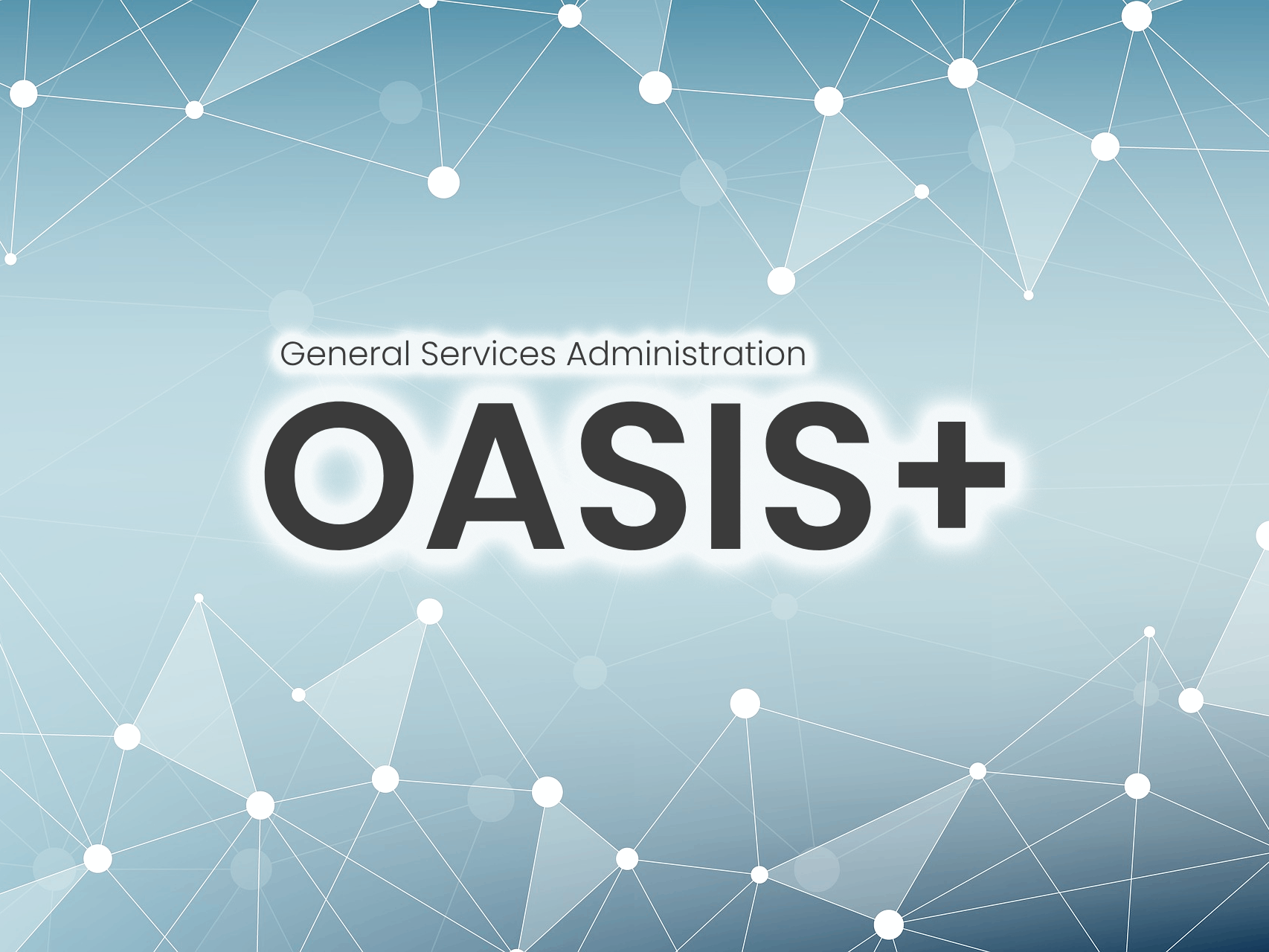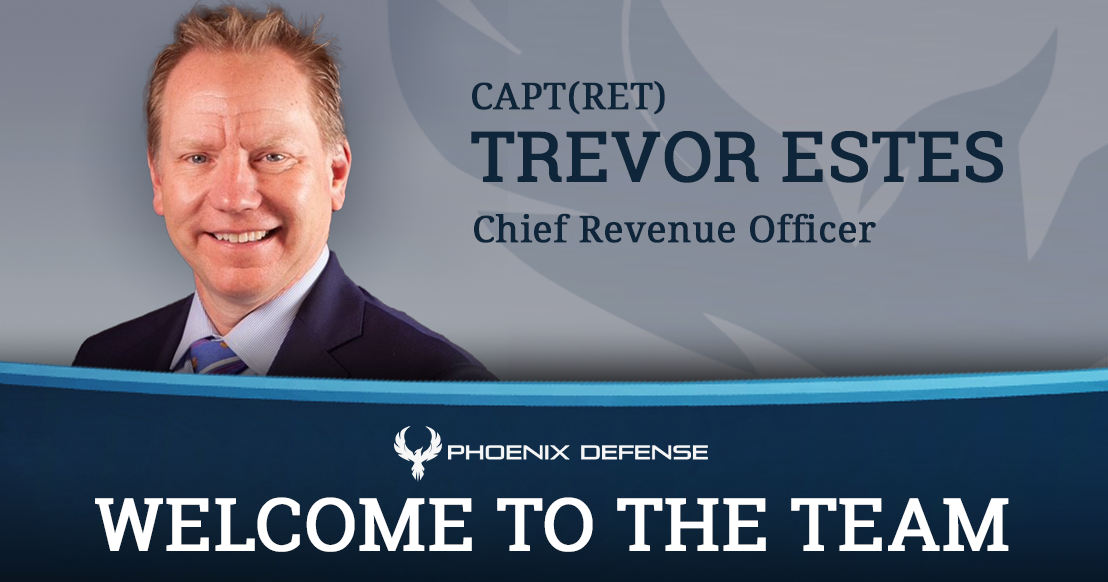03.06.11 / News
Continual Improvement: The Cornerstone of Phoenix Logistics
Quality Department First Article Initiative results in more productivity, increased efficiency, and reaffirms Phoenix Logistics commitment to an exceptional customer experience.
Compliance duties are the obligation of any organization that strives to adhere to industry recognized Quality Management programs. What can become a causality of Quality Management obligations is incorporating methods that truly enhance and exploit the unique characteristics and abilities of the organization’s members. First Article Inspection reporting, record keeping, and compliance is a hallmark attribute of any AS9100 registered company.
Many insiders may assume a first article is a first article is a first article, but it is a collaborative, collective effort of the people who design, develop, produce and qualify the product. It is the baby of all the organization’s talents and abilities, and a First Article Inspection Report is the record of their successes-and occasional failures-to stand the test of time (or at least until the next one is required!).
It is this process, and the process of continual improvement, that has led one Phoenix Logistics (PLI) Associate to seize the opportunity and transform FAI collection and reporting to maximize efficiency and compliance. Sokol and Morris (March 31, 2009) state:
“A time-consuming, error-prone activity…is the first article inspection (FAI) process. The FAI involves the detailed verification of 100 percent of the part characteristics on the initial production part. An Air Force-sponsored analysis of the labor efforts within the aerospace supply chain revealed that it’s not unusual for suppliers to perform 100 or more FAIs annually and devote the equivalent of one or two full-time engineers to the manual creation of FAI reports.” (“Reducing Errors in Manufacturing” in Quality Digest, Online Edition)
What these authors have omitted in their evaluation of First Article Inspection and reporting is that nowhere in the AS9100 family of Quality Management standards does an engineer (and their associated salary) have to be committed to all aspects of an FAI. This is where Alex Betancourt, Senior Quality Analyst for PLI, has taken it upon herself to integrate aspects of AS9100 requirements within the organizational system, to bolster FAI inspection and reporting and reduce valuable resource allocation.
Like one’s financial portfolio that is skewed over time without adjustment, so do become many processes across all facets of a business if they are not continually analyzed for compliance, consistency, and ensuring that they make good business cents (pun intended). It is this analysis that led Alex to revamp an “…error-prone activity…” to turn it into one that reduces Engineering time spent by 10%, simplifies reporting and record keeping, and eliminates product from being idled awaiting Engineering attention. With the new process, the FAI requirements are identified up front, the FAI sheets are readily available for QA, and the instructions are straight forward and clear. The task then is solely focused on the first production run and the question left to answer is-does this product meet all requirements of the First Article? Alex’s initiative and PLI’s commitment to an exceptional customer experience make answering this question much more efficient and effective, and ensures reduction of errors in manufacturing integrated data transmission and interconnect solutions to the Military and Aerospace market.
By Joshua Beutler, Quality Analyst


